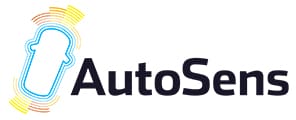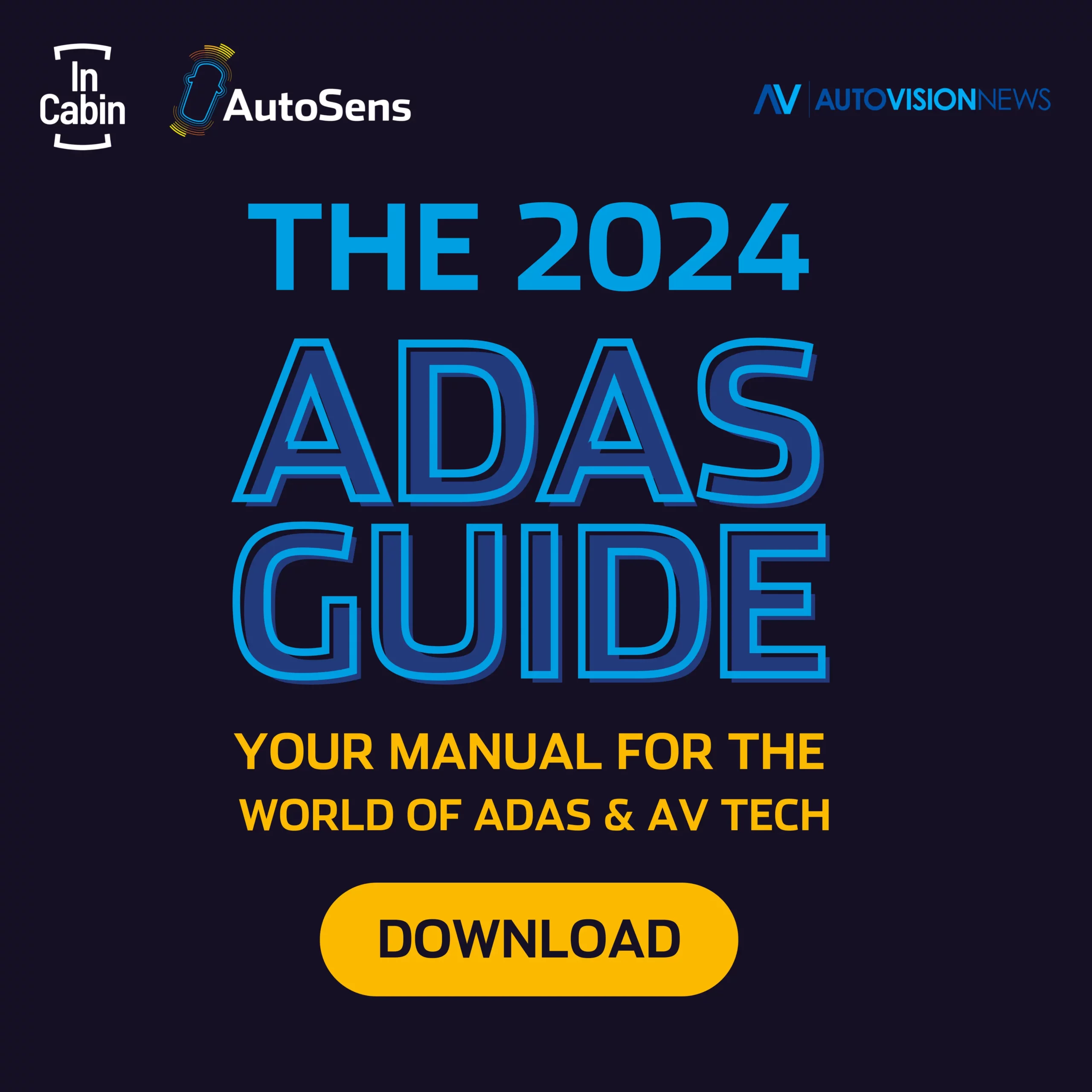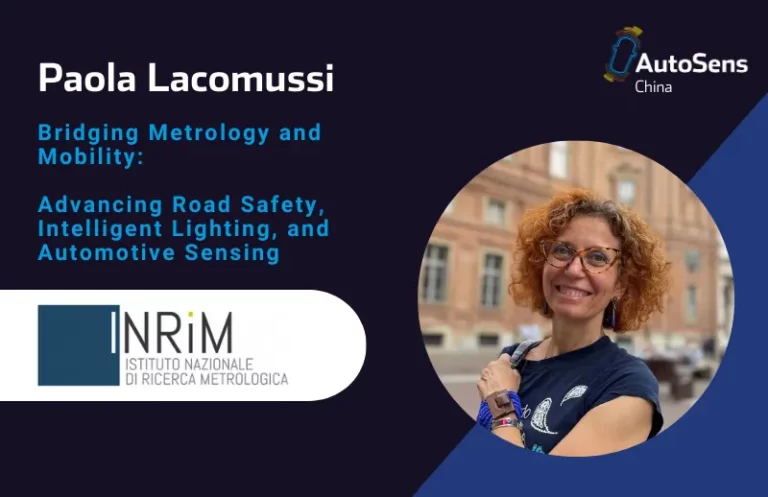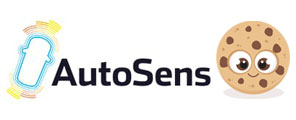But who in the industry is taking action, today?
Autonomous vehicles and affiliated technologies are advancing at breakneck speed. Tomorrow, projects will be born, cars will be tested, developers will create code to power the next generation of driverless cars. But, sadly, in the past, there has been a serious problem that wasn’t addressed to ensure our industry’s future, and we need to talk about it.
There simply aren’t enough engineers, developers, drivers, builders and coders to keep moving at the rate the world needs for autonomous vehicles. Passenger cars, industrial transport of freight and commercial vehicles, not to mention buses and taxis, are becoming equipped with advanced driver-assistance systems (ADAS) and if we don’t address the skills gap now, who will build the next generation of vehicles that we need for our future?
It is a real problem. The skills gap started long before the autonomous vehicle technology industry took off, but if we’re not careful we won’t have an industry if we don’t have the brains to build the cars.
The answer is simple
Research shows that this is an industry-wide issue and could be cured with one simple solution: educating girls from an early age with STEM subjects (science, technology, engineering and mathematics) and releasing their potential in ADAS engineering roles. With women making up just over 5% of the UK automotive engineering workforce, the time to act is now.
While the many look around for solutions to the skills gap in the autonomous mobility industry, a number of companies are doing something about it. Looking at initiatives encouraging women who want to pursue careers in technology and engineering, as well as supporting aspiring autonomous engineers from a young age. As the technology moves apace, however, the recruitment challenge grows ever stronger.
The time is now, action needs to be taken
 The Northwest Advanced Programming Workshop (NWAPW) is addressing the problem. The brainchild of this is retired engineer Steven Edelman, who simply boils it down to comparing training in autonomous vehicles to that of football. With kids as young as three years old being given the opportunity to enrol in football camps, Steven asks, why aren’t we doing the same with coding and technology?
The Northwest Advanced Programming Workshop (NWAPW) is addressing the problem. The brainchild of this is retired engineer Steven Edelman, who simply boils it down to comparing training in autonomous vehicles to that of football. With kids as young as three years old being given the opportunity to enrol in football camps, Steven asks, why aren’t we doing the same with coding and technology?
In its third year, Steven’s programme has one basic concept that he can explain with absolute clarity: “If a kid wants to be there, we want them there. It’s not a class. It’s [learning to code and build autonomous cars] a skill you learn through doing.” The month-long camp is run in conjunction with schools. Teachers nominate children aged between 13 and 15 who they think will enjoy or excel in this type of subject matter.
Winning an award for its work at last year’s AutoSens Brussels event, Steven’s programme aims to put the social back into computers by opening the doors and not locking kids in. Free to come and go, if it’s right for them, the children have a month to learn about technology, coding and then, through AGILE manufacturing, deliver their projects. The camp is based in the USA but has plans to grow through the teaching network. With each teacher who gets on board with the programme being given a grant to practice, Steven hopes that it can grow further afield.
What initiatives are out there already to support women into ADAS roles?
The autonomous industry is not standing still and it is aided by a number of successful projects to encourage women into jobs. WISE, a UK-based organisation seeks to increase the number of women in STEM, even setting up a recruitment service, partnerships and training to achieve its goals.
 Holly Watson Nall, a Systems and Controls Engineer at Roborace is leading from the front, opening the doors of the UK-based autonomous electric race car manufacturer and, in turn the minds of school groups and children that visit. She believes that part of the solution to the skills gap is to give students aspirational role models and to be part of outreach programmes. Roborace is joined by a range of well-known and pioneering companies also looking to engage women in automotive engineering roles, including ACM-W UK, NASA and Siemens.
Holly Watson Nall, a Systems and Controls Engineer at Roborace is leading from the front, opening the doors of the UK-based autonomous electric race car manufacturer and, in turn the minds of school groups and children that visit. She believes that part of the solution to the skills gap is to give students aspirational role models and to be part of outreach programmes. Roborace is joined by a range of well-known and pioneering companies also looking to engage women in automotive engineering roles, including ACM-W UK, NASA and Siemens.
“Roborace was perfect for me, but kids today don’t have many role models like I did,” Roborace’s Holly Watson Nall explains. “At university I went to a lot of lectures and I had a great professor, who wanted to push autonomous vehicles, so we had meetings in extra time. I think some people have ideas that you’re only supposed to do outreach programmes when you’ve had ten years’ experience. I don’t think that’s the case. We bring schoolkids in, most commonly those who are 14-15 years old, show them around Roborace, the facilities, meet the team and get them having a go with robot buggies.
Meanwhile, technology conglomerate and AutoSens Lead Sponsor in Detroit, Siemens has set up a project designed to inspire and motivate young girls to pursue careers in STEM. The Siemens Education SeeWomen project was launched 3 years ago on International Women’s Day in 2016 at Withington Girls School, Manchester, and is the result of a unique collaboration between Siemens and the Girls’ Schools Association (GSA).
For those interested in a career in computing, ACM-W UK has been an invaluable support network for women choosing to enter this field. Established in 2014, it is a UK professional chapter for women who want to pursue computing-related careers, find like-minded peers and learn new skills.
Further afield, NASA has a programme to support women to achieve their goals in the aerospace industry, with plenty of recruitment and career opportunities designed to close the gender gap.
As the autonomous vehicle technology sector grows, and the need for up-and-coming talent becomes even more acute, it is this industry’s responsibility to nurture the brightest of minds, whatever their gender, so we can take the future of personal mobility to a new level.
AutoSens, leading world-class conference for senior engineers and technologist looking to shape the future of autonomous vehicle perception technology – offers discounted tickets to all women in the automotive industry and is a driving force in the adoption of STEM subjects for both girls and boys in schools all over the world. Book your Women in Engineering Tickets for AutoSens 2019.






